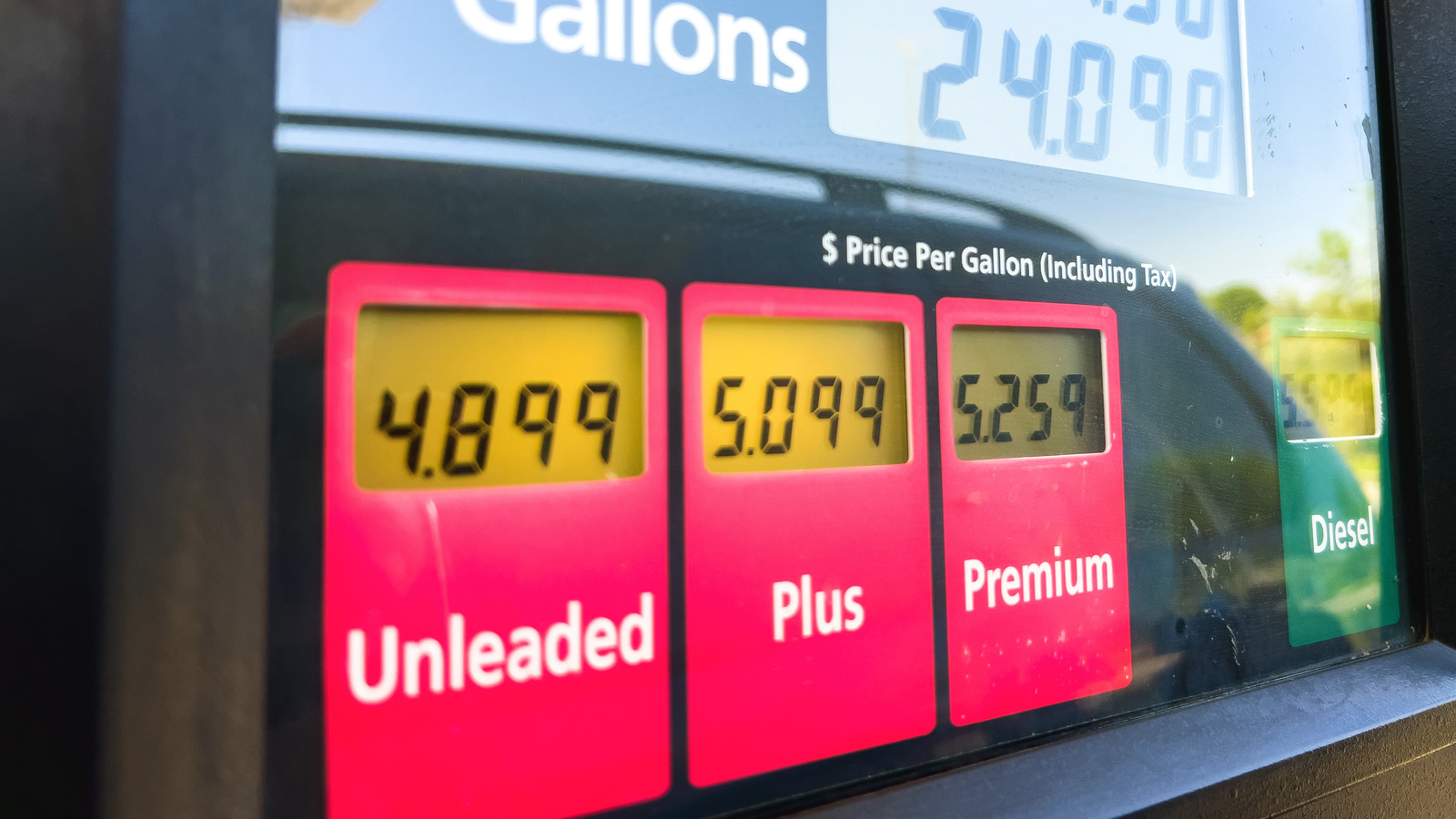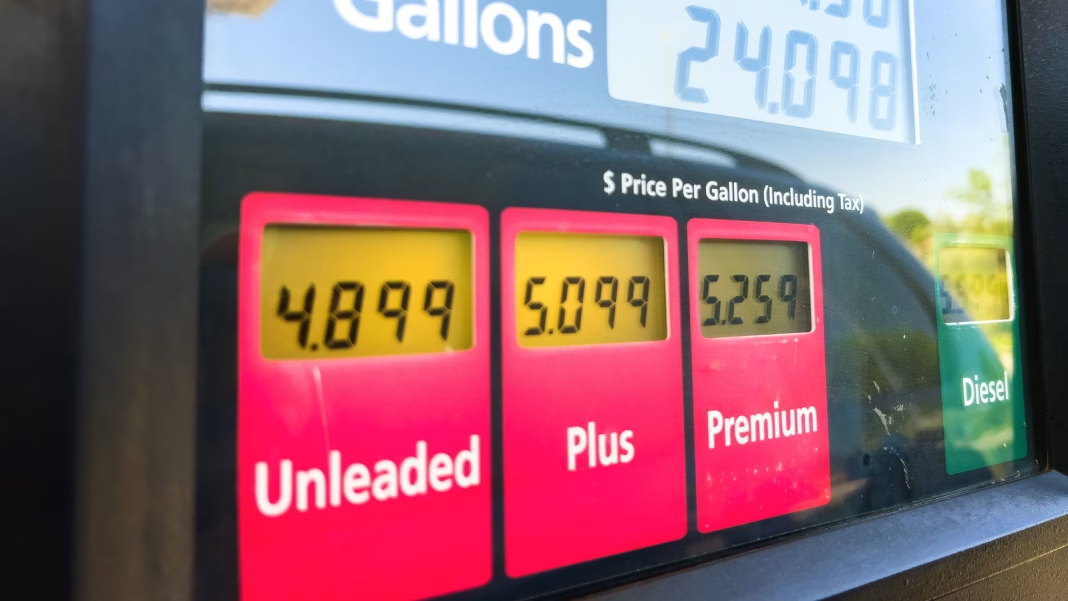When you pull up to the gas station, you might instinctively reach for the mid-grade or regular gasoline, avoiding that premium option like it’s a luxury you can’t afford. But have you ever wondered why some modern engines actually require premium gas? Let’s dive into the nitty-gritty of why that higher octane fuel isn’t just a marketing gimmick and when it’s genuinely necessary for your vehicle.
Why Do Some Engines Need Premium Gas?
At its core, the difference between regular and premium gasoline lies in their octane ratings. Regular gas typically has an octane rating of 87, while premium gas usually sits around 91 to 93. This higher octane level is crucial for certain engines, particularly those designed for performance or efficiency.
Engines that require premium gas often have higher compression ratios. This means they squeeze the air-fuel mixture more tightly before igniting it. If you use regular gas in these engines, you risk knocking—an unwanted combustion event that can lead to engine damage over time. Knocking occurs when the fuel ignites prematurely, causing a pinging sound and potentially harming engine components.
So, if your car’s manual specifies premium fuel, it’s not just a suggestion; it’s a necessity for maintaining performance and longevity.
What Types of Vehicles Typically Require Premium Gas?
Luxury vehicles and high-performance sports cars are the most common culprits that call for premium gas. Brands like BMW, Audi, and Porsche often design their engines to take advantage of the higher octane levels, allowing for more power and efficiency. Additionally, some turbocharged engines also benefit from premium fuel, as it helps prevent knocking under high pressure.
But it’s not just about performance. Some hybrids and electric vehicles with range-extending gasoline engines may also recommend premium fuel to optimize efficiency. The key takeaway? If your vehicle’s manufacturer recommends premium gas, it’s best to follow that advice to avoid potential issues down the line.
Can You Save Money by Using Regular Gas?
It might be tempting to save a few bucks at the pump by opting for regular gas, especially if you drive a vehicle that doesn’t explicitly require premium. However, using regular gas in a car that needs premium can lead to decreased performance and fuel efficiency. Over time, the cost of repairs from engine knock or reduced efficiency can outweigh any savings you might have gained at the pump.
That said, if your car runs perfectly fine on regular gas without any knocking, you can stick with it. Many modern engines are designed to adapt to different fuel grades, so they can often handle regular gas without a hitch. Just keep an eye on your vehicle’s performance and listen for any unusual sounds.
What About Fuel Economy?
Using premium gas can sometimes improve fuel economy, especially in vehicles designed for it. The higher octane allows for more efficient combustion, which can translate to better mileage. However, the difference can be minimal, and whether it justifies the extra cost depends on your specific vehicle and driving habits.
For instance, if you’re driving a high-performance car and consistently pushing it to its limits, premium fuel might be worth the investment. On the other hand, if you’re using your vehicle for daily commuting with a focus on efficiency, regular gas may be just fine.
Making the Right Choice for Your Vehicle
Ultimately, the decision to use premium gas should be based on your vehicle’s requirements and your driving style. Always refer to your owner’s manual for guidance on fuel recommendations. If you’re unsure, consult with a trusted mechanic or your dealership to clarify what’s best for your engine.
The big takeaway? Choosing the right gasoline isn’t just about saving money; it’s about ensuring your vehicle runs smoothly and efficiently. If your car needs premium gas, don’t skimp on it. Start with one change this week, and you’ll likely spot the difference by month’s end.


